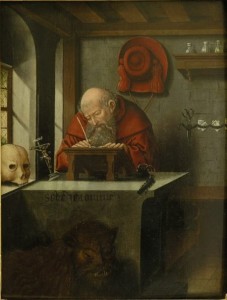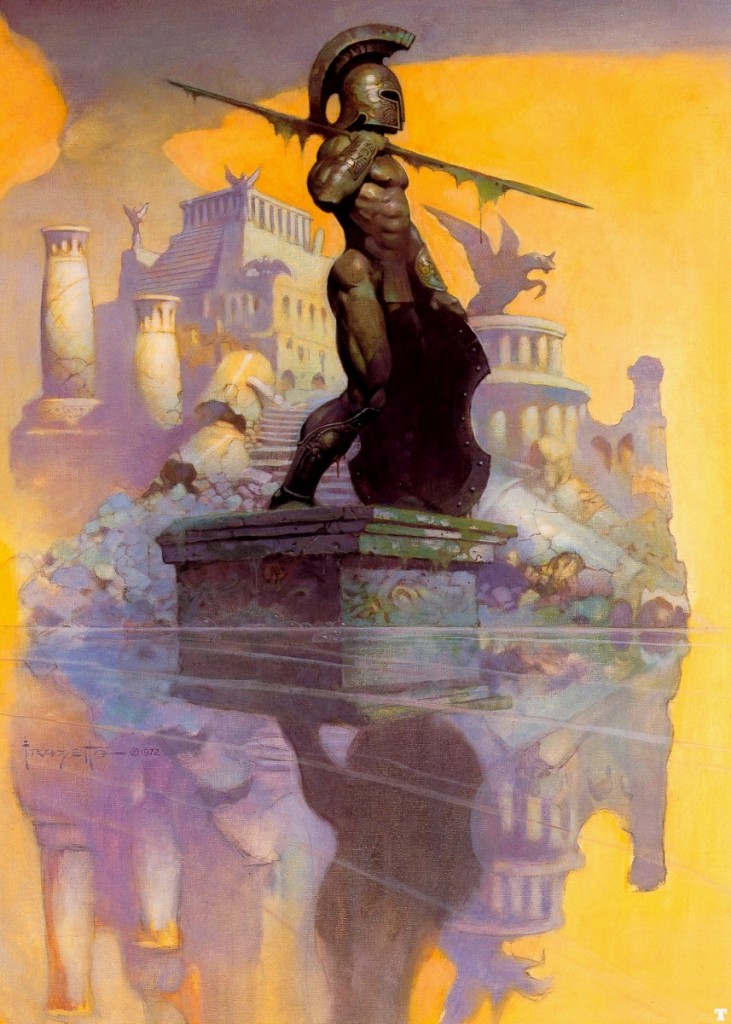English original here, French version here, Polish version here
Capítulo 1 aquí, Capítulo 3 aquí, Capítulo 5 aquí
Para lograr nuestros objetivos políticos, la Nueva Derecha norteamericana debe entender la relación exacta entre la teoría social y el cambio social, entre metapolítica y política y entre teoría y práctica. Debemos evitar desviarnos tanto hacia un intelectualismo inactivo como un activismo poco inteligente y tal vez contraproducente. (more…)







